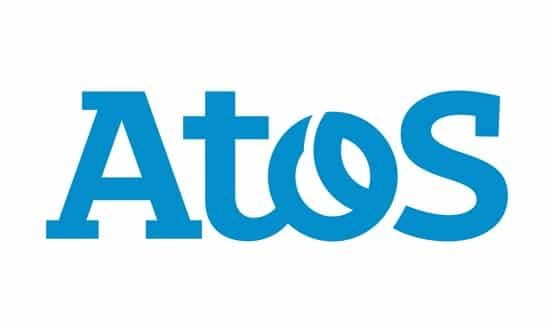Major Study of Healthcare IT Benefits Announced
- 13 August 2003
A leading US policy think tank is to conduct a study to determine how much patient care could improve and how much money could be saved if healthcare professionals increased their use of information technology.
The
RAND Health study will focus on electronic records systems, clinical information sharing and clinical decision support tools.
Richard Hillestad, a RAND management scientist leading the study, said: "While doctors use the latest 21st century medical technology in their practices, many use 19th century technology to store and retrieve information about their patients’ health conditions, relying on paper medical records that aren’t easily shared with other doctors.
”Electronic information systems have transformed many industries, improving quality and lowering costs," Mr Hillestad said. "But, contrary to predictions, information systems haven’t had that effect in health care, mostly because the health industry has been slow to implement clinical information systems."
The study will look at hospitals and other healthcare organisations that have adopted the latest IT. It will also review past medical research on the potential of technology and create scenarios that will help to test the potential value of systems. Study leaders expect to identify barriers to the wider adoption of IT and outline government policies and other steps that could increase its use.
A previous RAND study found that Americans receive only about half of the recommended medical care and advocated electronic medical records and clinical decision support systems to help solve the problem.
David Lawrence, former chief executive officer of the Kaiser Permanente healthcare organisation and head of the RAND project’s steering committee said: "We not only need to understand why information technology adoption has been less aggressive than many anticipated, but also quantify — where we can —what the true value of increased automation would be. This study will help us determine if the current system has the right resource allocations."
Financial supporters of the research include: Johnson & Johnson, Cerner Corporation, Xerox, General Electric and Hewlett-Packard.




